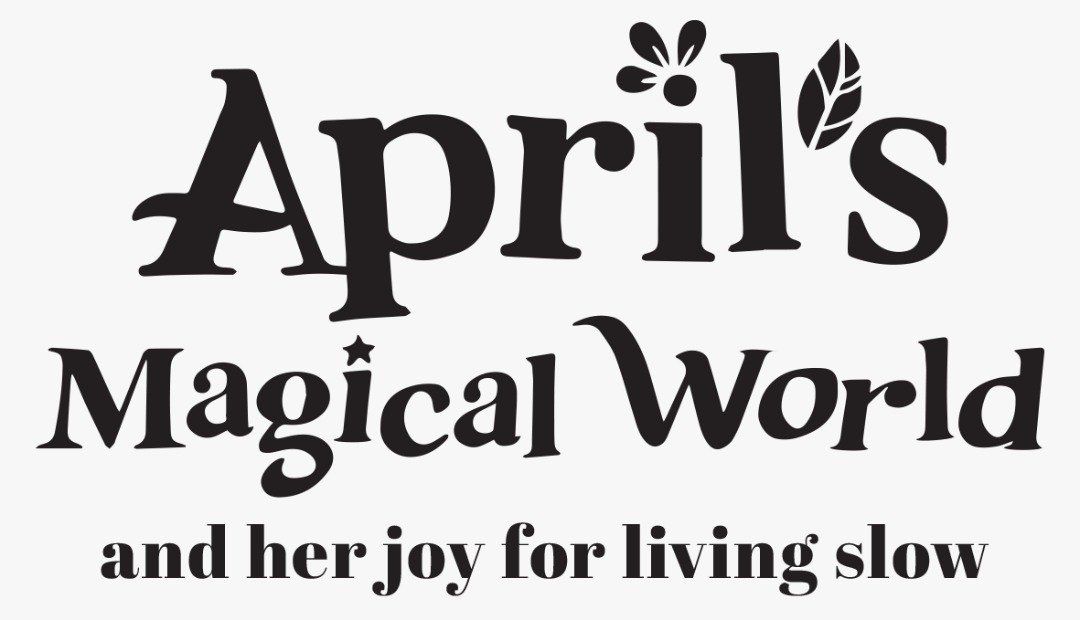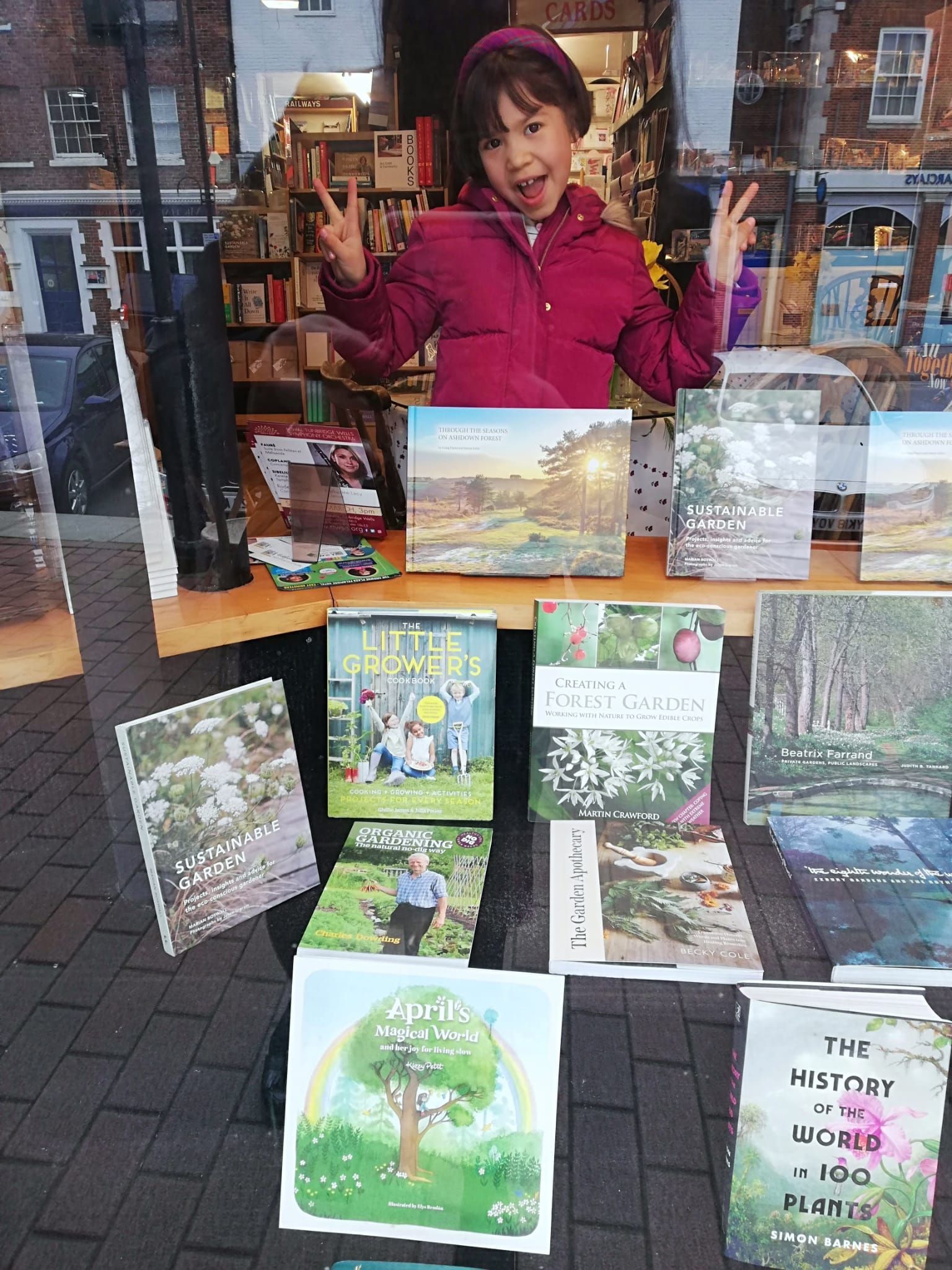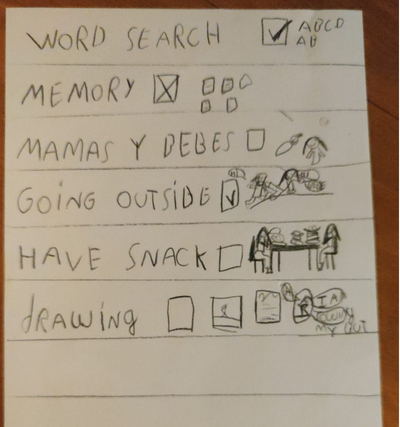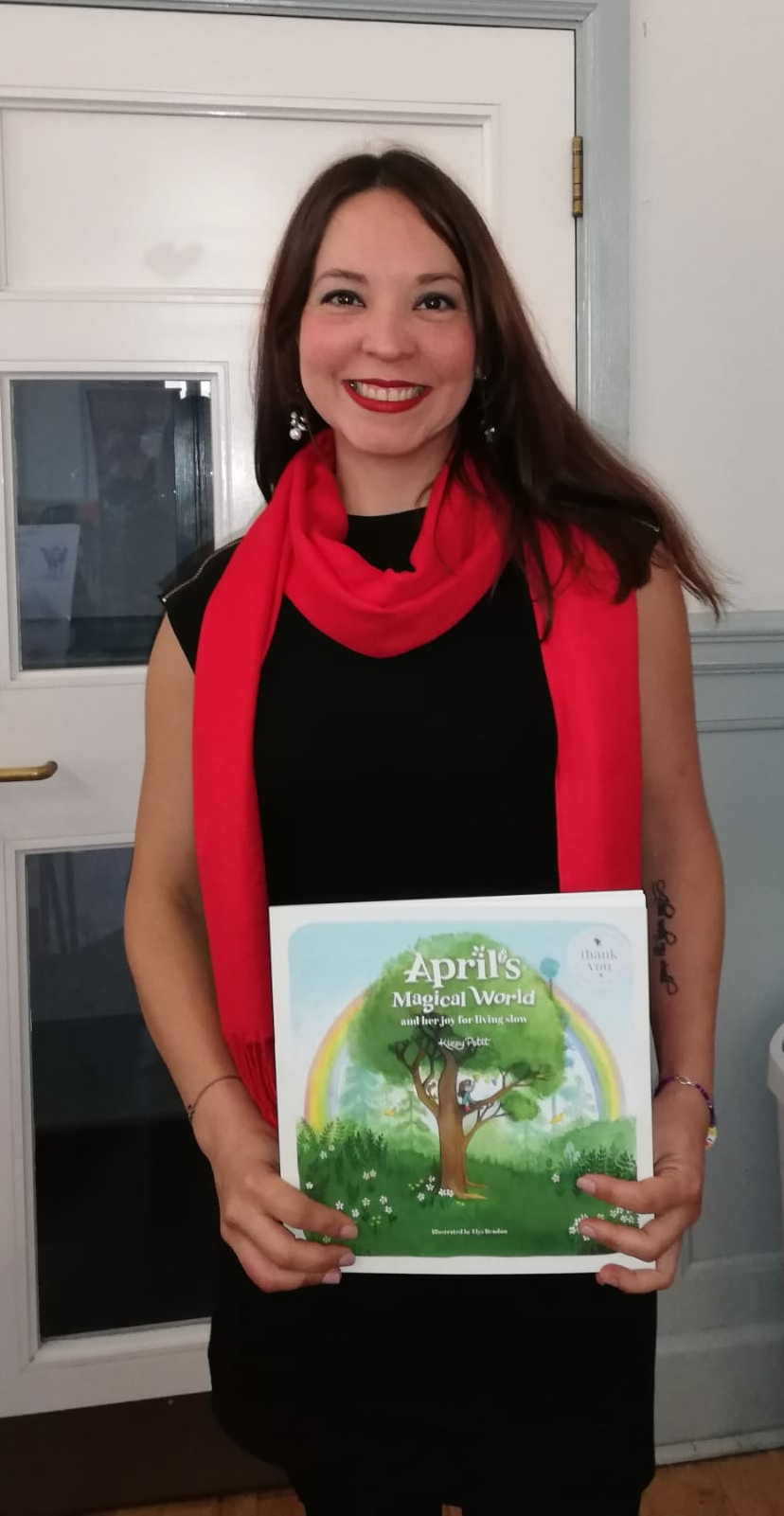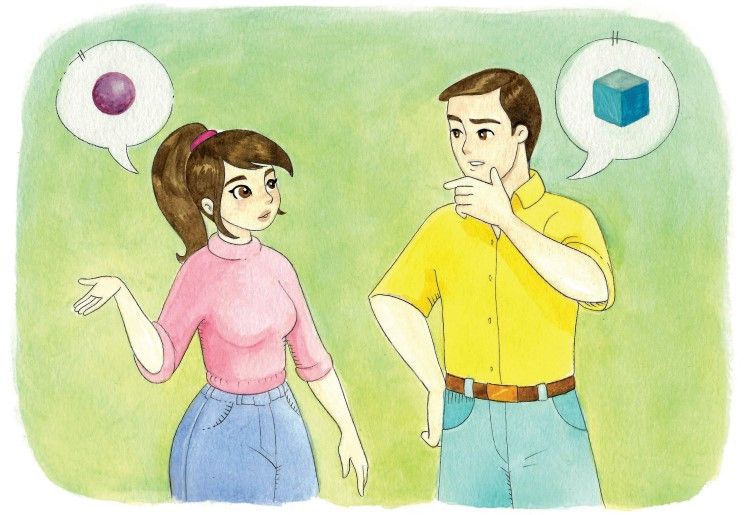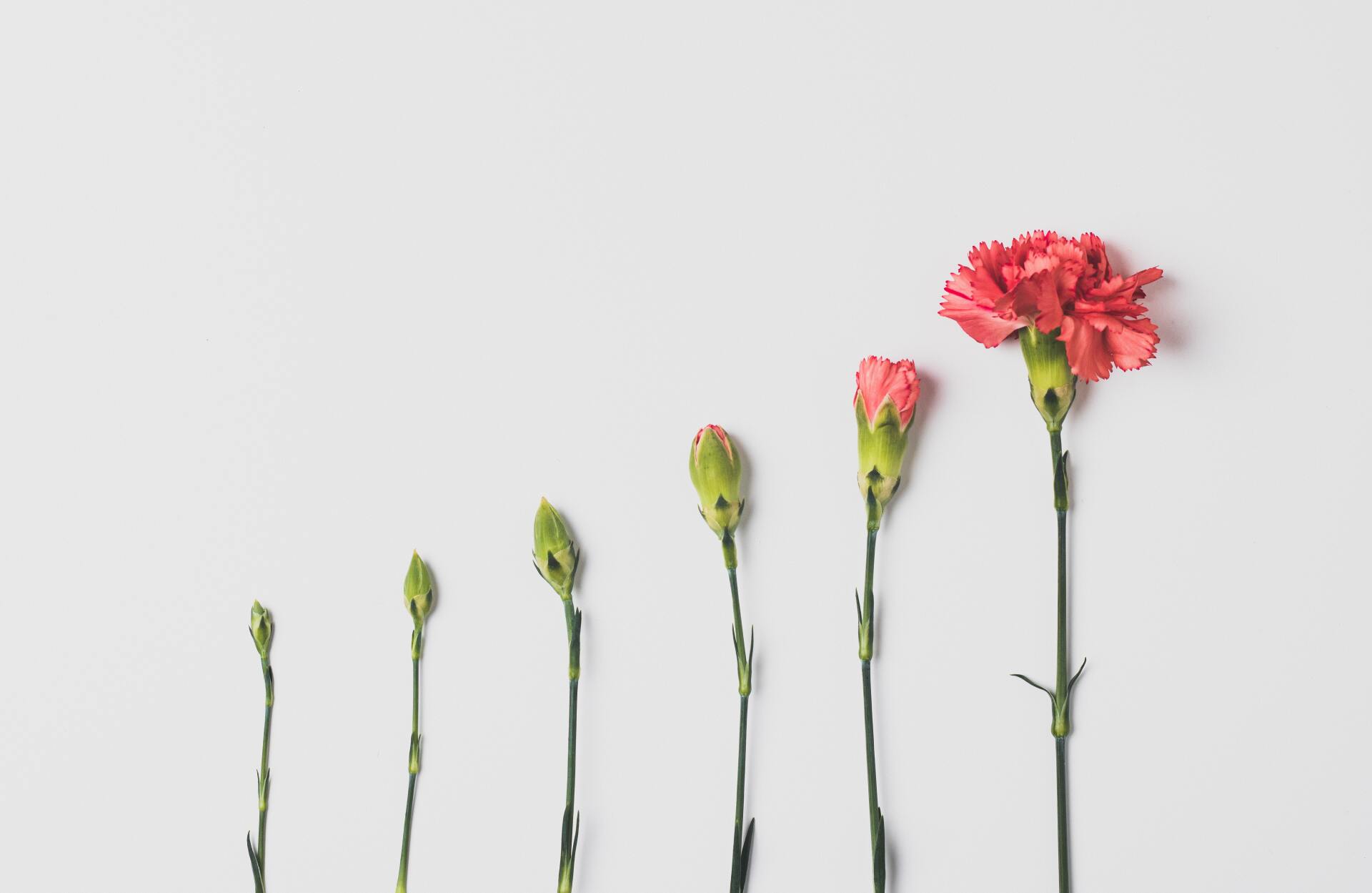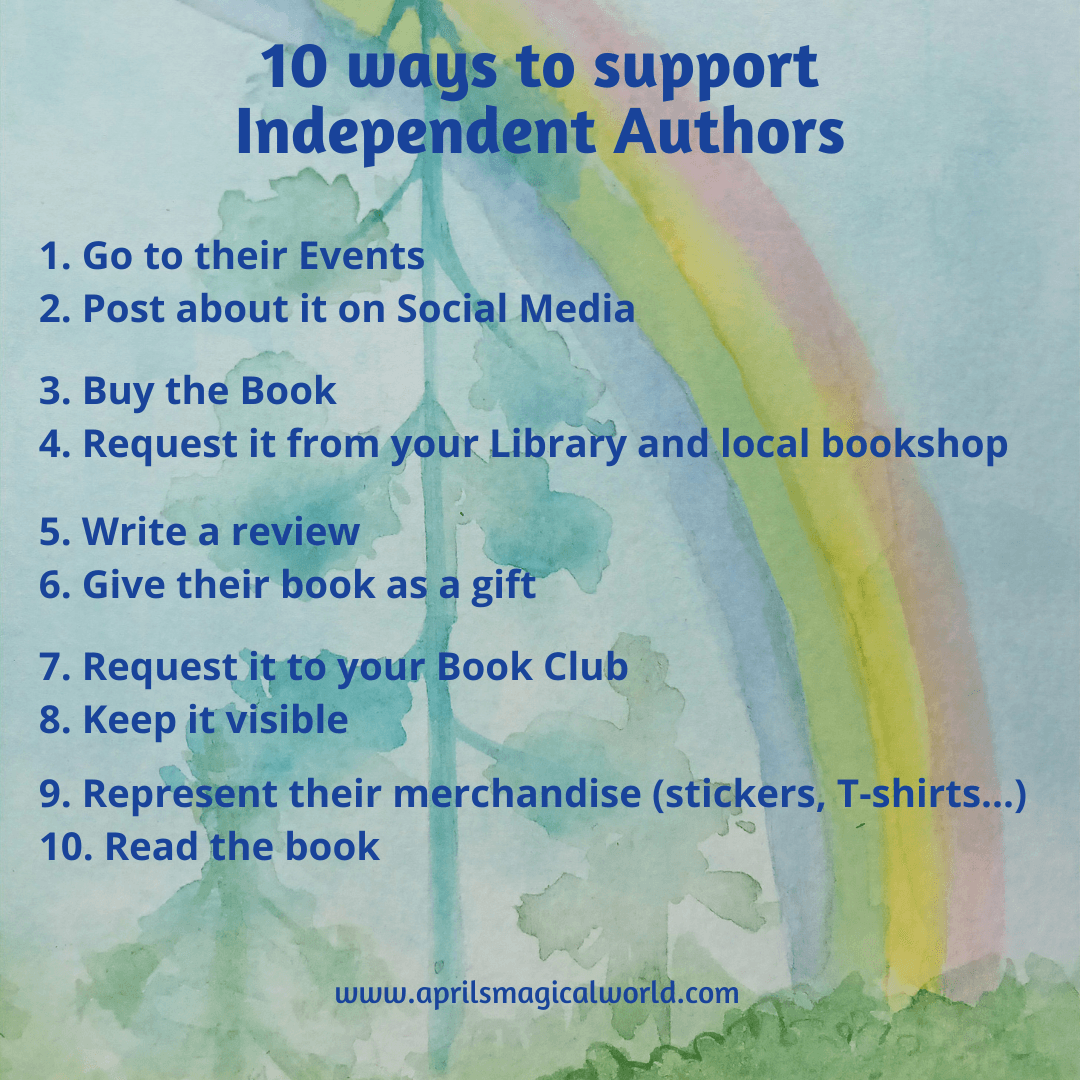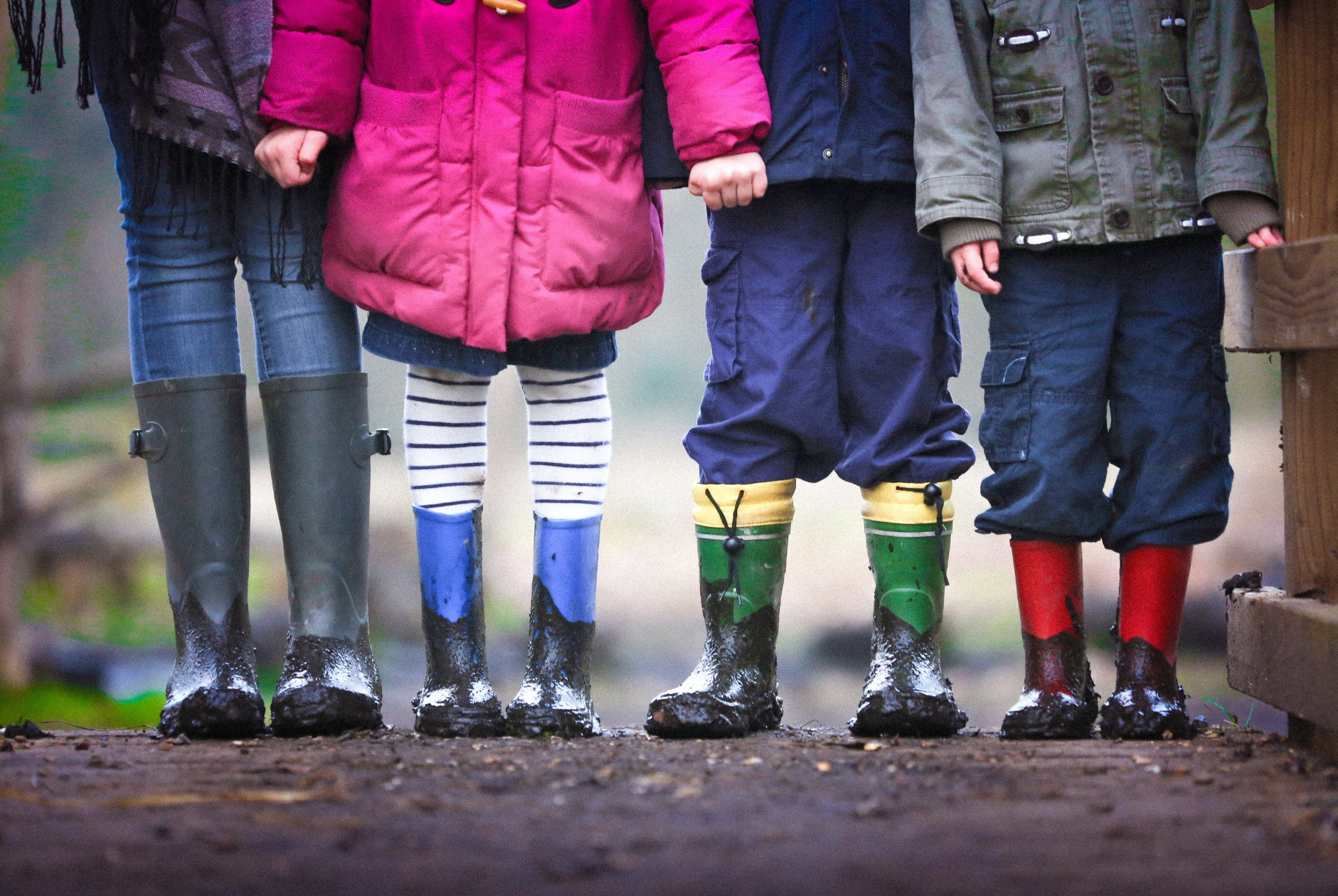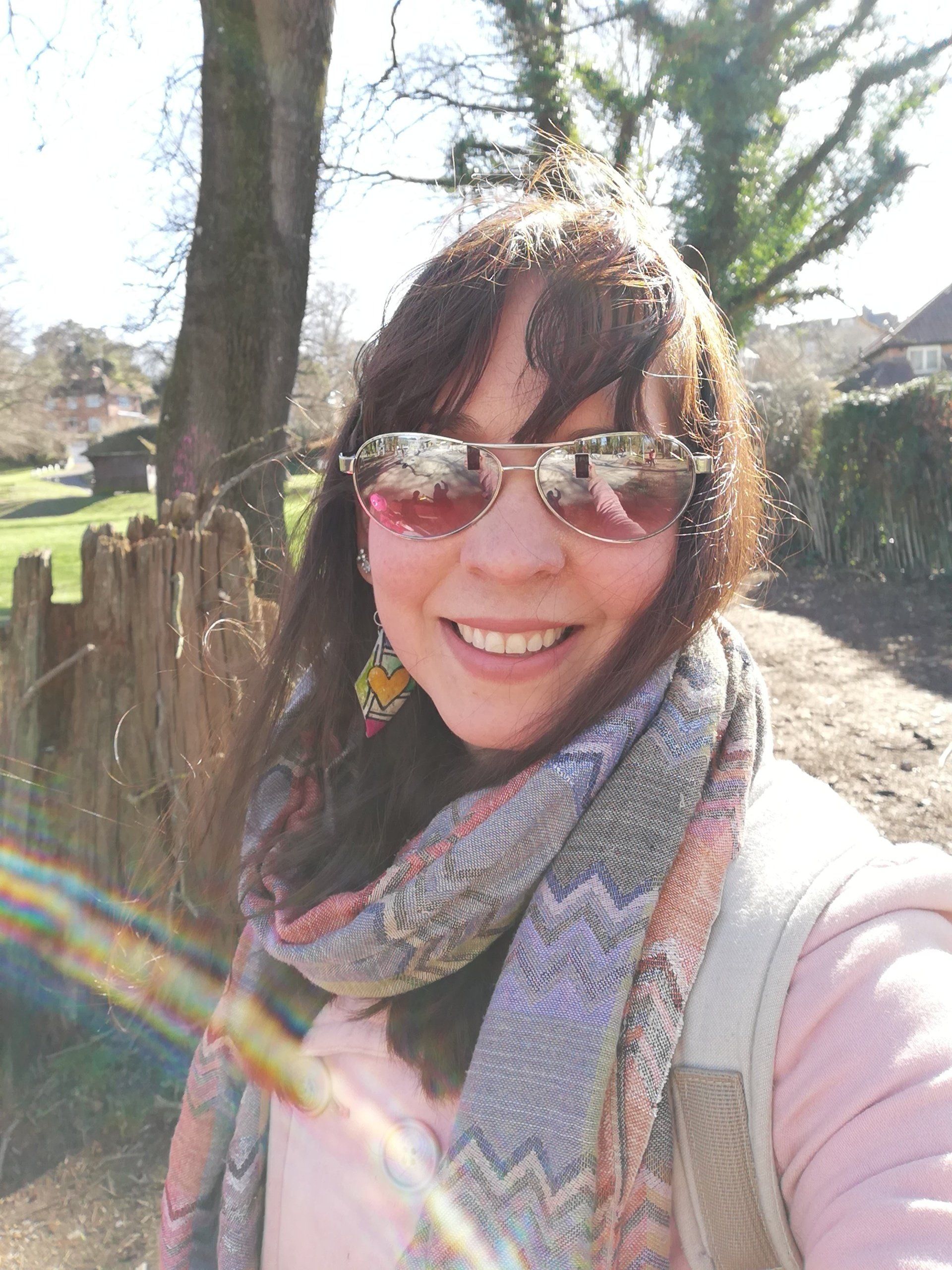Slow Childhood Adventures, by Kizzy Petit
The art of Slow Living

“The slowest person who never loses sight of his goal is still faster than someone who dashes about without one.”
-Gotthold Ephraim Lessing-
We live in an era in which doing things faster is the ultimate goal, where people are celebrated when they complete a certain important task in no time, and are culturally expected to achieve something rather challenging sooner than others might do, such as losing 10 kilos in just two months, for example.
Activities that used to be meaningful have also been “infected” with this obsessiveness of rushing in life, heartlessly. You name it: reading, learning, eating, sex... Of course, marketing has found a niche in this culture where people are speed dating, speed networking, doing speed yoga, and as crazy as it might sound: speed meditating!
It doesn’t mind if you get anxiety, or depression, or develop sleep problems, or get sick, or have relationship breakdowns in the process… all that matters is: How faster can you complete whatever you need to do!…, like if we just were cogs in the chain of production.
And the outcome of this is: people disconnected from their hearts and feelings, living in automatic pilot, following what the establishment says without pausing to critically think and reflect if they are truly aligned with the idea they are being presented.
But fortunately, there is a significant action in progress created by Dr. Carl Honoré called The Slow Movement approach, which counteracts the notion that faster is always better. This movement isn’t about slowing down to the point that you’re barely putting one foot in front of the other. Rather, it’s about seeking the right speed to do things, savouring hours and minutes spent rather than measuring and counting them, and doing things as well as possible rather than as fast as possible.
The idea here is to experience the things we do with bliss and awareness, because doing things at the speed of light just leave us feeling stressed and burnt-out. And to be honest, this isn’t life!
In short, as Kayte Ferris says: “Slow Living is about knowing and passionately loving the things we value, and designing our lives to spend the most time possible enjoying them. It’s about having intentionality and consciousness in our activities, about escaping the mindless scrolling and unproductive multi-tasking and focusing on purposeful action. It’s about embracing the fact that you’re not doing it all – it’s about doing less, but better.”
The Slow Movement is being adopted in various crucial aspects of life, like food, fashion, ethical consumption, self-sustainability, and, importantly, education and parenting, where both teachers and parents are advocating for respecting the natural learning pace of the children, in order to have a sense of fulfilment which is believed to be crucial for optimum growth and development of a child.
And books like
April’s Magical World and her joy for living slow, from the series Stories of an Unhurried Childhood, encourages us all to approach life from an unhurried pace, through which we can appreciate and enjoy life with awareness of everything that surrounds us.
Through her books, author Kizzy Petit promotes a slow - paced approach to parenting and education, and to preserve childhood by allowing children to learn through their senses and their experiences with art, stories, movement, and nature, without rushing them to grow up before their time.
You can learn more about April’s Magical World and her joy for living slow at aprilsmagicalworld.com
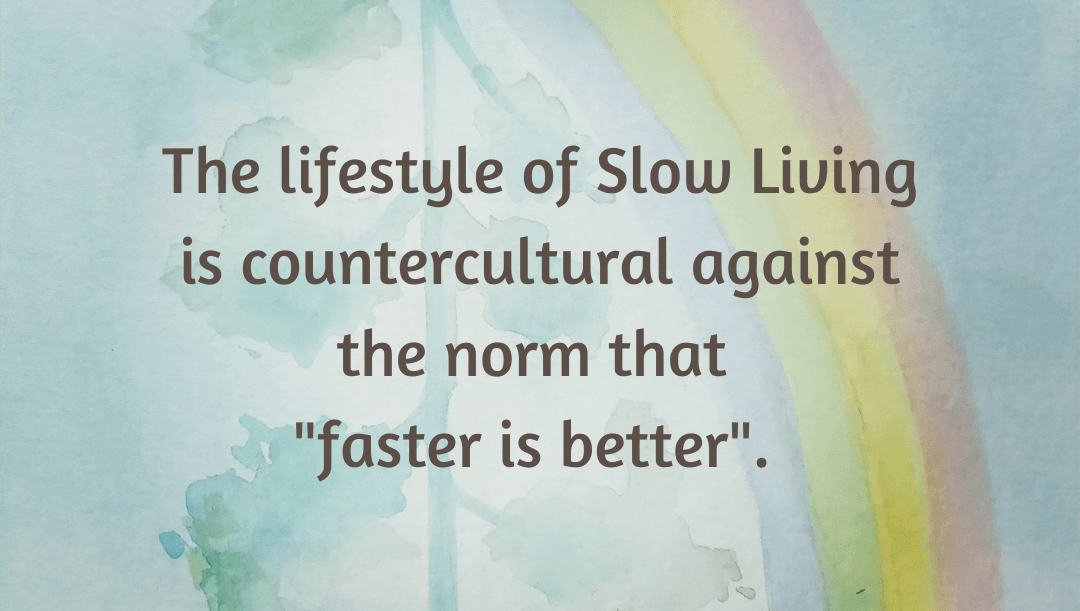
Kizzy Petit
Writer - Doula - Coach
